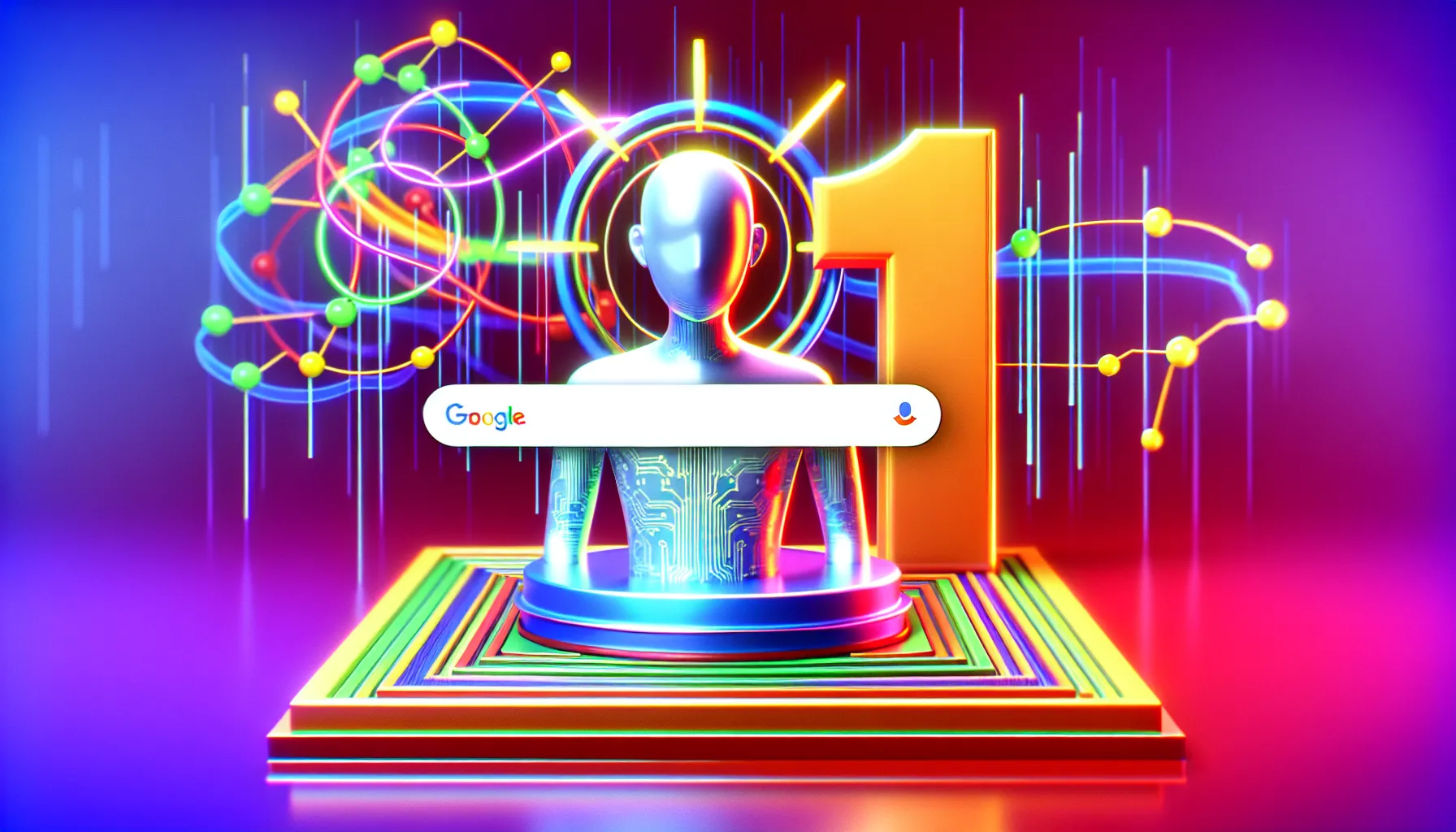In a world where Google’s stance on AI-generated content seems ambiguous, one digital marketer set out to prove that the search giant might actually favor AI content when used strategically. This article details an experiment conducted to rank number one in Google search results using AI-generated content, surpassing some of the biggest sites in the world—all within an hour.
The Initial Strategy: Targeting Featured Snippets
The experiment began with a focus on featured snippets, which typically appear at the top of search results. The strategy involved finding keywords with existing featured snippets and then improving upon them. Using Ahrefs Webmaster Tools, over 7,000 potential keywords were identified.
The initial plan was to make minor edits to existing blog posts using content generated by ChatGPT. However, this approach faced a significant challenge: previous attempts at making small edits had not yielded the desired results.
Refining the Approach: Multiple Keywords and AI Collaboration
Realizing the need for a more comprehensive strategy, the experimenter decided to:
- Target multiple keywords instead of just one
- Set specific rules for keyword selection
- Collaborate more effectively with AI tools
The rules for keyword selection included:
- Ensuring the blog post was a good match for the query
- Targeting snippets owned by sites with similar or higher domain authority
- Avoiding keywords where their site had recently held a featured snippet for an extended period
Leveraging ChatGPT: Setting Context and Expectations
A key realization was the importance of setting proper context and expectations when working with AI tools like ChatGPT. By establishing a “system role” and aligning on what makes a good featured snippet, the collaboration became more effective.
The process involved:
- Asking ChatGPT about different types of Google featured snippets
- Defining criteria for effective definition snippets
- Providing the AI with target keywords, current snippet content, and page context
- Iteratively refining the AI-generated content
Initial Results and Setbacks
Within a day of implementing the AI-optimized snippets, the first success came with winning a featured snippet for “SEO versus SEM.” However, this victory was short-lived, as the snippet was lost shortly after.
The Date Change Theory
In a last-ditch effort, the experimenter updated the “last modified” dates on the optimized posts. Surprisingly, this minor change seemed to trigger a positive response from Google’s algorithms, resulting in improved rankings for several target keywords.
Long-Term Results and Validation
Over the following weeks, the experiment yielded impressive results:,
- Outranking Wikipedia for certain keywords
- Winning and holding 3 out of 9 targeted featured snippets
- Sustaining number one positions for over a month
- Achieving a significant boost in estimated monthly organic traffic
The Final Test: Reverting to Human-Written Content
To conclusively prove that the AI-generated content was responsible for the ranking improvements, the experimenter reverted the optimized pages to their original, human-written versions. Within hours, the featured snippets were lost, demonstrating the effectiveness of the AI-optimized content.
Key Takeaways: Google’s Preference for Clarity
The experiment revealed that Google doesn’t necessarily favor or disfavor AI content inherently. Instead, the search engine prioritizes content that users find valuable—typically, information that is simple, clear, and concise. AI tools, when used strategically, can excel at creating such content.
The key lesson is to focus on clarity rather than attempting to create large volumes of AI-generated content solely for the sake of scale. AI can be a powerful assistant in crafting clear, user-friendly content that aligns with Google’s preferences.
Frequently Asked Questions
Q: Does Google penalize all AI-generated content?
No, Google doesn’t penalize all AI-generated content. The experiment showed that when AI is used to create clear, concise, and valuable content, it can actually perform well in search results. Google’s focus is on the quality and relevance of the content, not necessarily its origin.
Q: How important are featured snippets for SEO?
Featured snippets are very important for SEO as they appear at the top of search results, often referred to as “position zero.” Winning a featured snippet can significantly increase visibility and drive more traffic to your website.
Q: Can changing the “last modified” date really impact rankings?
While not conclusive, the experiment suggested that updating the “last modified” date might trigger Google to re-evaluate the content. However, it’s likely that this works in conjunction with actual improvements to the content rather than being effective on its own.
Q: What’s the best way to use AI for content creation in SEO?
The best approach is to use AI as a tool to enhance clarity and user experience, rather than to mass-produce content. Focus on creating valuable, concise information that directly answers user queries. Use AI to refine and optimize your content, always keeping the end user in mind.
Q: How can I improve my chances of winning featured snippets?
To improve your chances of winning featured snippets, focus on creating clear, concise answers to specific queries. Structure your content well, use appropriate HTML tags, and ensure your information is accurate and up-to-date. Regularly review and optimize your content for target keywords and user intent.





